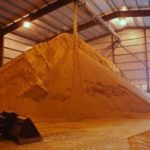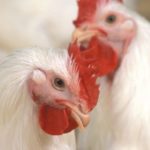Moscow | Reuters — Russia will spend two billion roubles (C$43 million) in grain transportation subsidies to help to speed exports in 2018, the deputy agriculture minister said on Thursday. Already among the world’s largest wheat exporters, Russia is trying to step up a gear after this year’s record crop, which is keeping its grain












